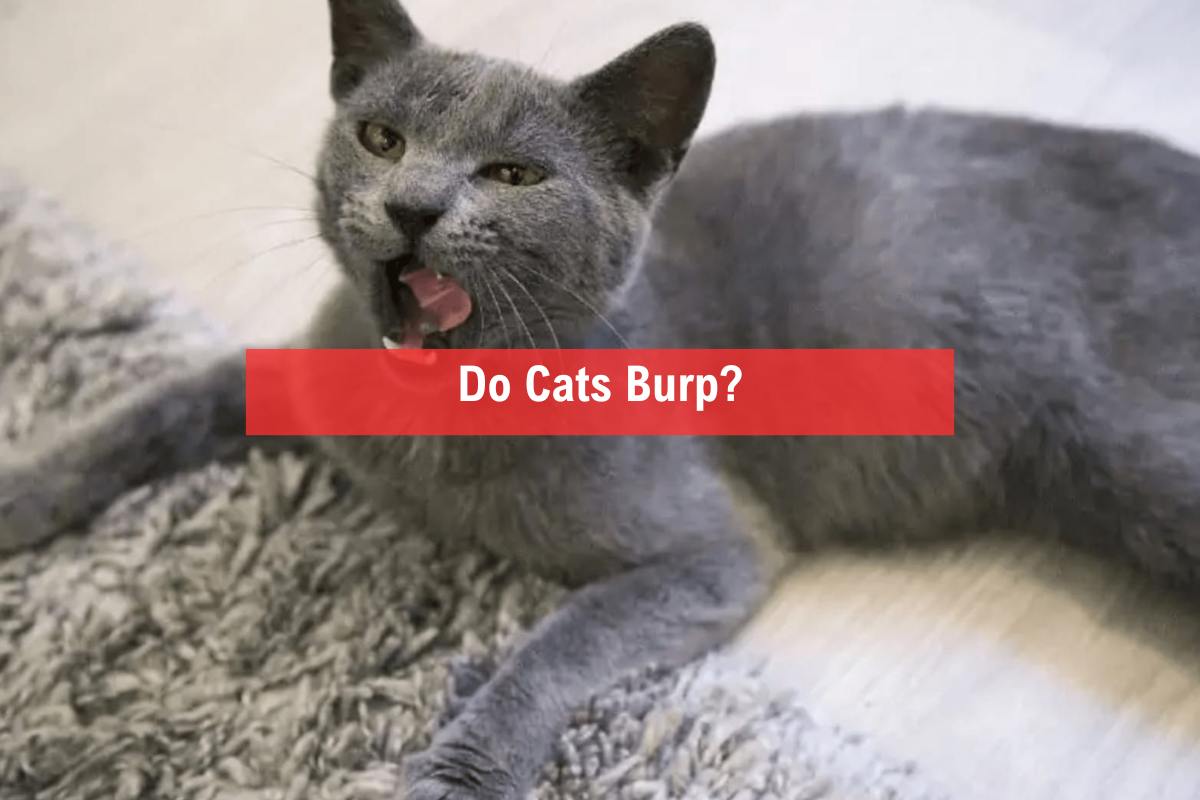Cats are known for their independence, cleanliness, and agility. They are often kept as pets and are cherished for their affectionate nature. As cat owners, we pay close attention to their behavior and habits, including their digestive system. In this article, we will explore whether cats can burp, their digestive system, and how to prevent digestive disorders.
The digestive system of cats
The digestive system of a cat is similar to that of other mammals. It consists of the mouth, esophagus, stomach, small and large intestines, liver, and pancreas. The digestive system plays a crucial role in breaking down food into nutrients that can be absorbed and used by the body.
Digestive disorders in cats are common and can be caused by various factors such as eating habits, food allergies, infections, and stress. Some of the common digestive disorders in cats include vomiting, diarrhea, flatulence, and abdominal discomfort.
Burping in cats
Burping is a common bodily function in humans and other animals. It is the process of expelling air from the stomach through the mouth. Burping helps to release gas that builds up in the stomach and can cause discomfort. However, the question remains, can cats burp?
According to veterinarians, cats do burp, but not as often as humans or dogs. This is because cats have a lower tendency to swallow air while eating or drinking. Additionally, cats have a more efficient digestive system, which means that food is broken down more quickly, leaving less time for gas to build up in the stomach.
Why do cats burp? Like humans, cats can burp to release the excess gas from the stomach. Burping can also be a sign of digestive problems such as indigestion, bloating, and flatulence.
Signs of digestive disorders in Cats
As mentioned earlier, digestive disorders in cats are common and can cause discomfort and pain. It is essential to pay close attention to your cat’s behavior and look out for signs of digestive problems. Some of the common signs of digestive disorders in cats include:
Vomiting
Vomiting is a common sign of digestive disorders in cats. It can be caused by various factors such as eating too fast, consuming spoiled or contaminated food, or an underlying medical condition.
Diarrhea
Diarrhea is another common sign of digestive disorders in cats. It can be caused by various factors such as food allergies, infections, or stress.
Flatulence
Flatulence is the release of gas from the digestive tract through the rectum. It is a common occurrence in cats and can be caused by various factors such as eating certain foods, bacterial overgrowth in the gut, or gastrointestinal disorders.
Abdominal discomfort
Abdominal discomfort can be a sign of digestive problems in cats. It can manifest as restlessness, pacing, or vocalization. If you notice any signs of abdominal discomfort in your cat, it’s essential to seek veterinary care.
Preventing digestive disorders in Cats
Preventing digestive disorders in cats is crucial for their overall health and well-being. Here are some tips to help prevent digestive problems in cats:
Feeding habits
Cats are natural grazers and prefer to eat small, frequent meals throughout the day. Providing your cat with multiple small meals can help prevent digestive problems.
Choosing the right cat food
Choosing the right cat food is essential for preventing digestive problems. Look for high-quality, well-balanced cat food that is tailored to your cat’s age, activity level, and health needs.
Avoiding certain foods
Certain foods can cause digestive problems in cats. Avoid feeding your cat dairy products, chocolate, onions, garlic, and other foods that are toxic to cats.
Hydration
Keeping your cat hydrated is essential for maintaining a healthy digestive system. Make sure your cat has access to clean, fresh water at all times.
Conclusion
In conclusion, cats can burp, but not as often as humans or dogs. Burping can be a sign of digestive problems in cats, and it’s essential to pay close attention to your cat’s behavior and look out for signs of digestive disorders. Preventing digestive problems in cats involves providing them with the right food, feeding habits, and hydration.
FAQs
Share this article:
Recommended:

